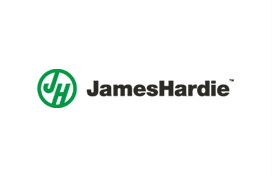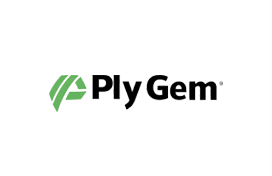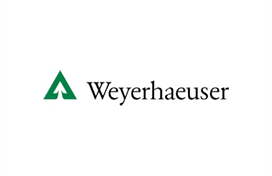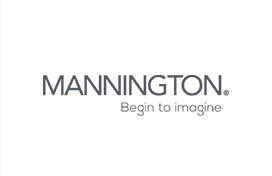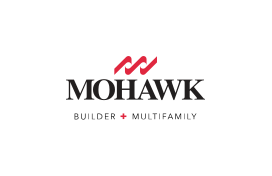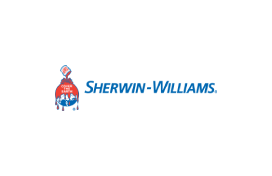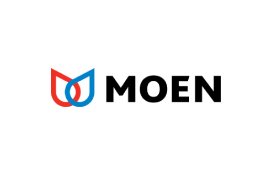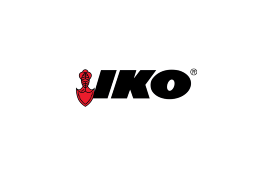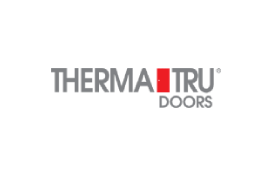Maybe you have heard of the terms “Cost-Plus Agreements” and “Fixed Price Agreements”, but you might not know exactly what they are.
Custom home builders and general contractors create construction agreements for very specific services that are written out and defined in detail in a contract. This custom building contract will list out the scope of work, materials that will be used, as well as how the custom home builder or contractor will be compensated for their work.
In most cases, there are two general types of construction agreements. First, there is the “Fixed Price” agreement, and second, there is a “Cost-Plus” agreement.
When you break down these two agreements, you can really understand what they mean:
FIXED PRICE AGREEMENT
With a fixed price agreement, the homeowner has a false sense of security over the price. They will be given a price up front for what their custom home will be, and the price will appear to be very low with a guarantee from the builder that the price will not exceed the contract. Homeowners do like this agreement, because they are able to budget to the penny how much they will be expected to hand over to the contractor or custom home builder.
Here are some of the issues with a fixed price agreement. First, there will typically be an overcharge on supplies and materials. Homebuilders and contractors know that prices are constantly fluctuating on materials due to tariffs on imports, suppliers going out of business increasing demand, and many other last minute and unforeseen changes that could happen in the building process. They must create a cushion for the “potentials” of price increases and profit losses. On the flip side, many contractors have favors stacked in their back pockets – either from vendors or leftover (already paid for) materials from previous projects, as well as the ability to find lower cost and lower quality products just to get the job done. They are still charging premium prices, yet pocketing all the profits, especially if there ends up being no price increases on materials.
The same goes for labor. As the Pacific Northwest grows, so does the demand for new housing. This can put a strain on the skilled labor workforce resulting in building completion delays as well as a higher wage demand. This is a big risk for all homebuilders, and they make sure that a higher contract price is set so the customer assumes that risk. Again, though, many contractors and homebuilders work with a very tight-knit group of subcontractors and cheaper laborers and manufacturers that often result in discounts and kickbacks, none of which the customer will see.
Just remember, there has to be a profit for the builder in all custom home building projects. Profits are not a bad thing – that’s how businesses are able to stay in business – it’s the abuse of profits that becomes the problem. Unfortunately, with fixed price guarantees, you will never see where these profits are actually coming from. There is zero transparency, only blind trust in a contract amount.
COST-PLUS AGREEMENT
A cost-plus agreement is nearly the opposite of a fixed price agreement with the benefit of full transparency in pricing. Not only is the customer able to see every invoice, but they also get a say in the budget as well as personally benefiting from any savings the builder finds in materials, labor, etc. With this agreement, a customer will only pay the direct wholesale builder cost, plus an agreed fixed profit margin. There are no secret profits with this agreement. Cost-Plus agreements also tend to be the lowest cost form of building a home, as there is no over-charging “in case” of unforeseen issues.
Just like the fixed price agreement, however, there are still certain drawbacks to the cost-plus agreement.
If the material and labor prices go up, the overall house price goes up as well, all at the customer’s direct expense. There is also no maximum safety cap to this agreement, meaning you could potentially be paying way over what you had planned and budgeted for.
Here is what Building Advisor says about the Cost Plus agreement:
https://buildingadvisor.com/cost-plus-contract-for-new-home/
Now, here is what Diggs Custom Homes offers:
Here at Diggs, we offer a new exclusive hybrid construction agreement called “Cost-Plus with Guaranteed Maximum Price”. This will give you the best of both worlds – the financial planning perks of a fixed price agreement, with all the cost transparency benefits of a cost-plus agreement! There is no better way to get your custom home built.
Let me explain.
This agreement gets you what we like to call “truth in homebuilding“. Like a typical cost-plus agreement, you will see every single penny spent and every dollar saved. Absolute, full transparency. You will only pay the actual direct builder cost, plus the fixed profit margin. BUT, like the fixed price agreement, you will get a “not to exceed” concrete price that we call the Guaranteed Maximum Price, or GMP.
On the financial side of things, what we typically do is add a 5%-10% contigency on the price so your loan is locked in place. In the end, if there are unexpected costs, or you decide you want to upgrade to higher end components – the money is there. If everything goes according to plan and there is extra money at the end of the building process, it lowers your principal loan amount. This leaves the money ALL in YOUR control. Not the contractors.
This hybrid system is 100% for our customer’s benefit. Nothing in life is perfect, but this is pretty darn close.
For more information on our exclusive Cost+Plus program, please visit:
Diggs Custom Homes Cost Plus Program
* Diggs Custom Homes builds stock and custom designed home plans in Pierce County, King County, Thurston County
- Author Details







